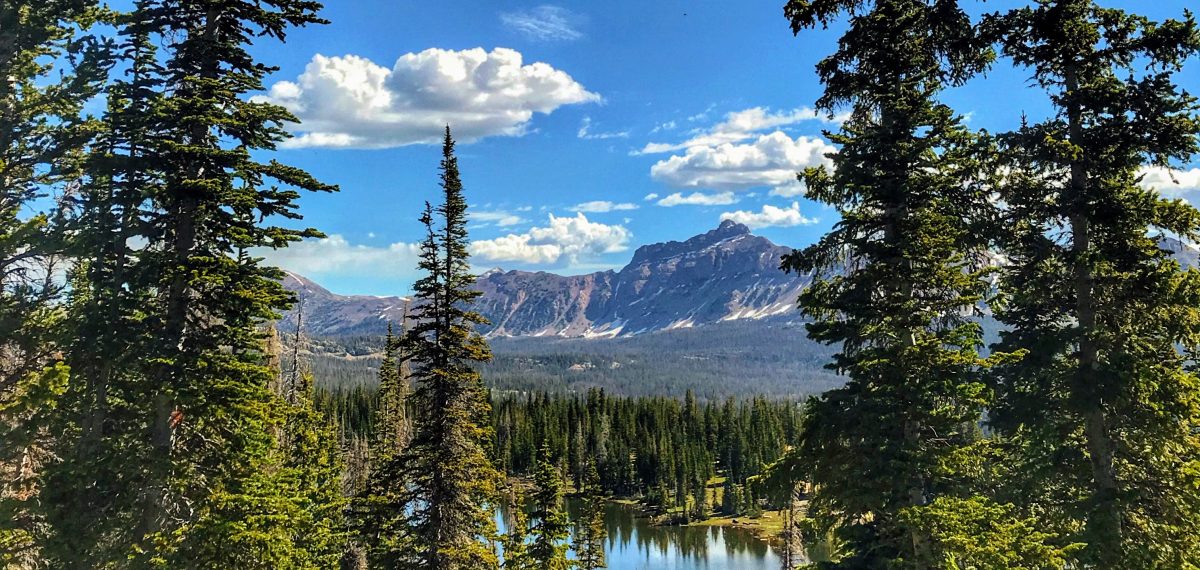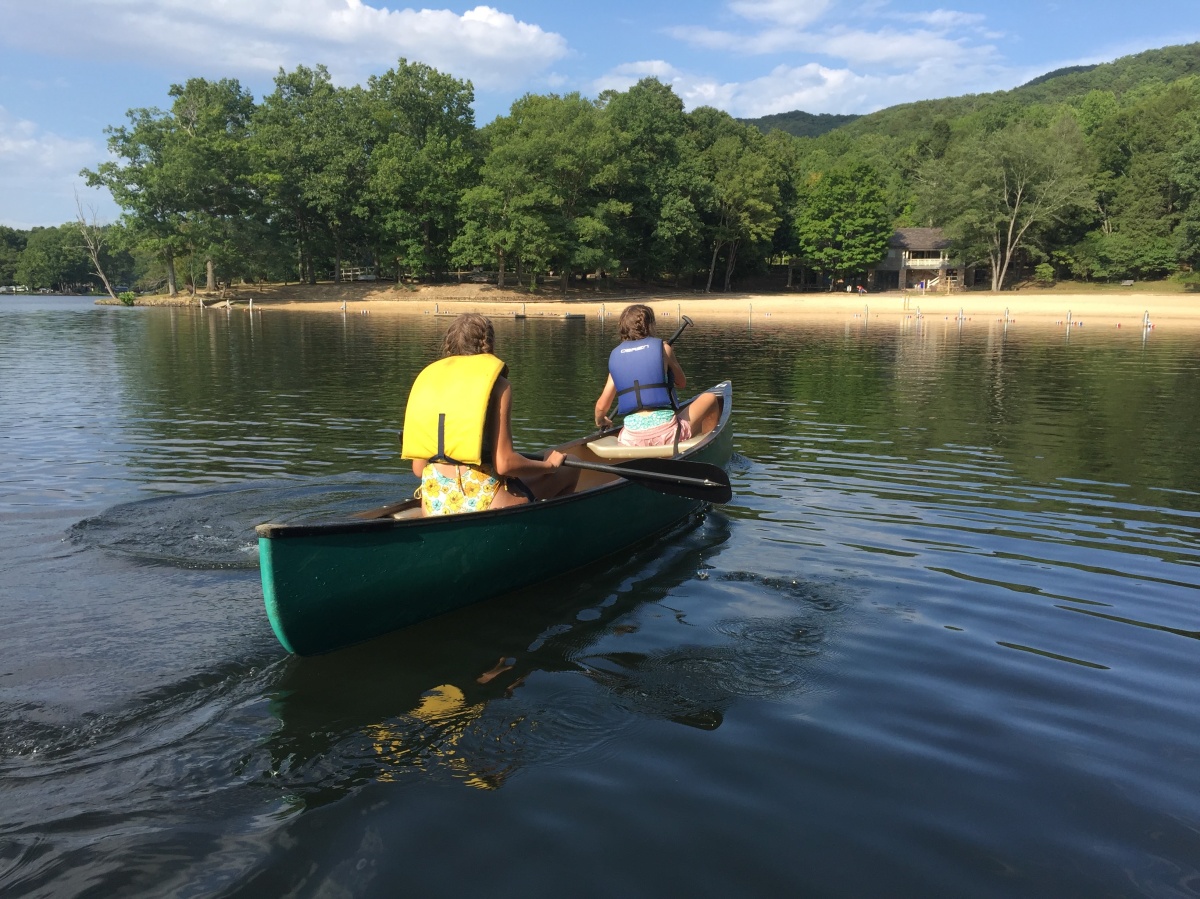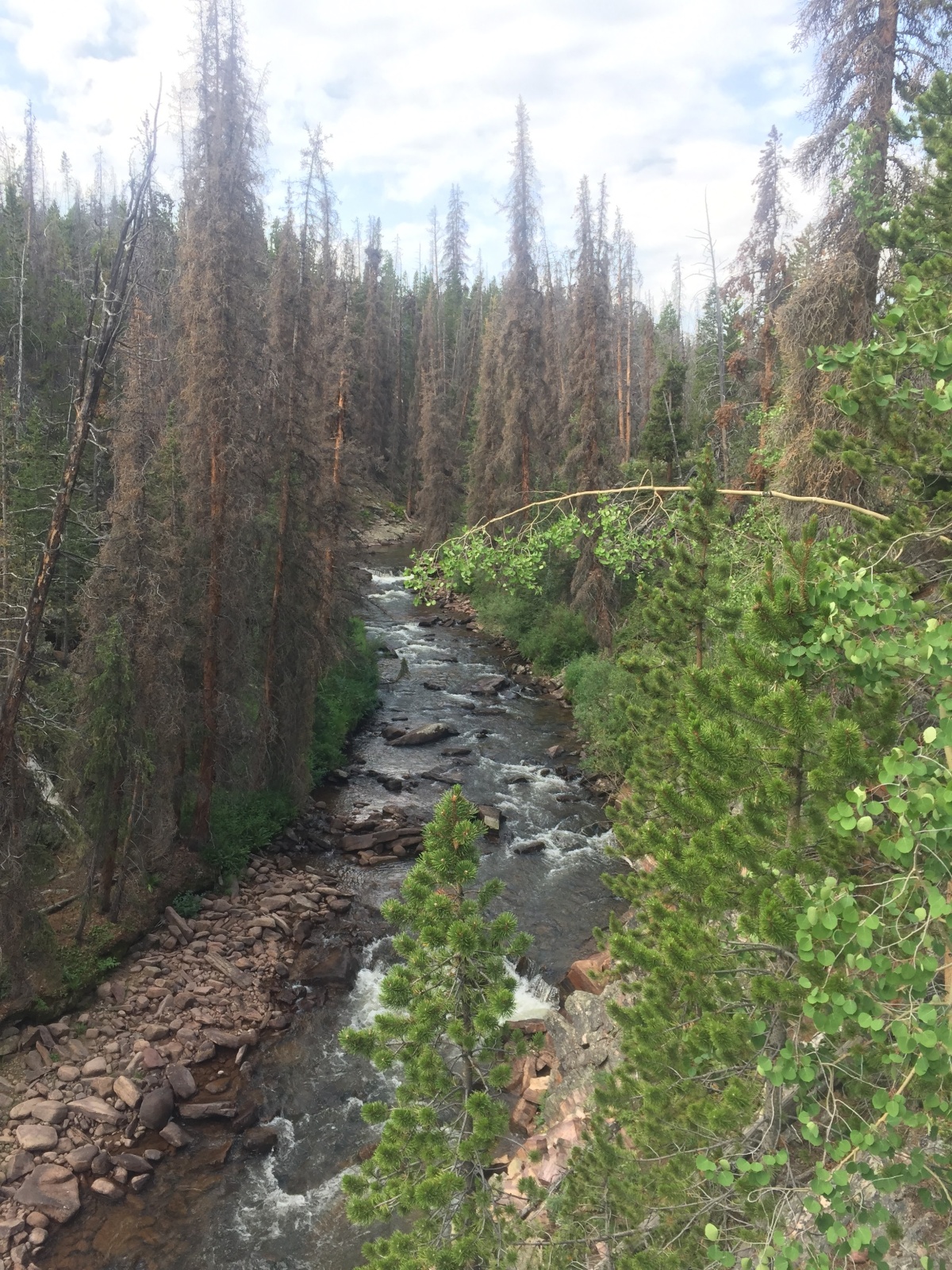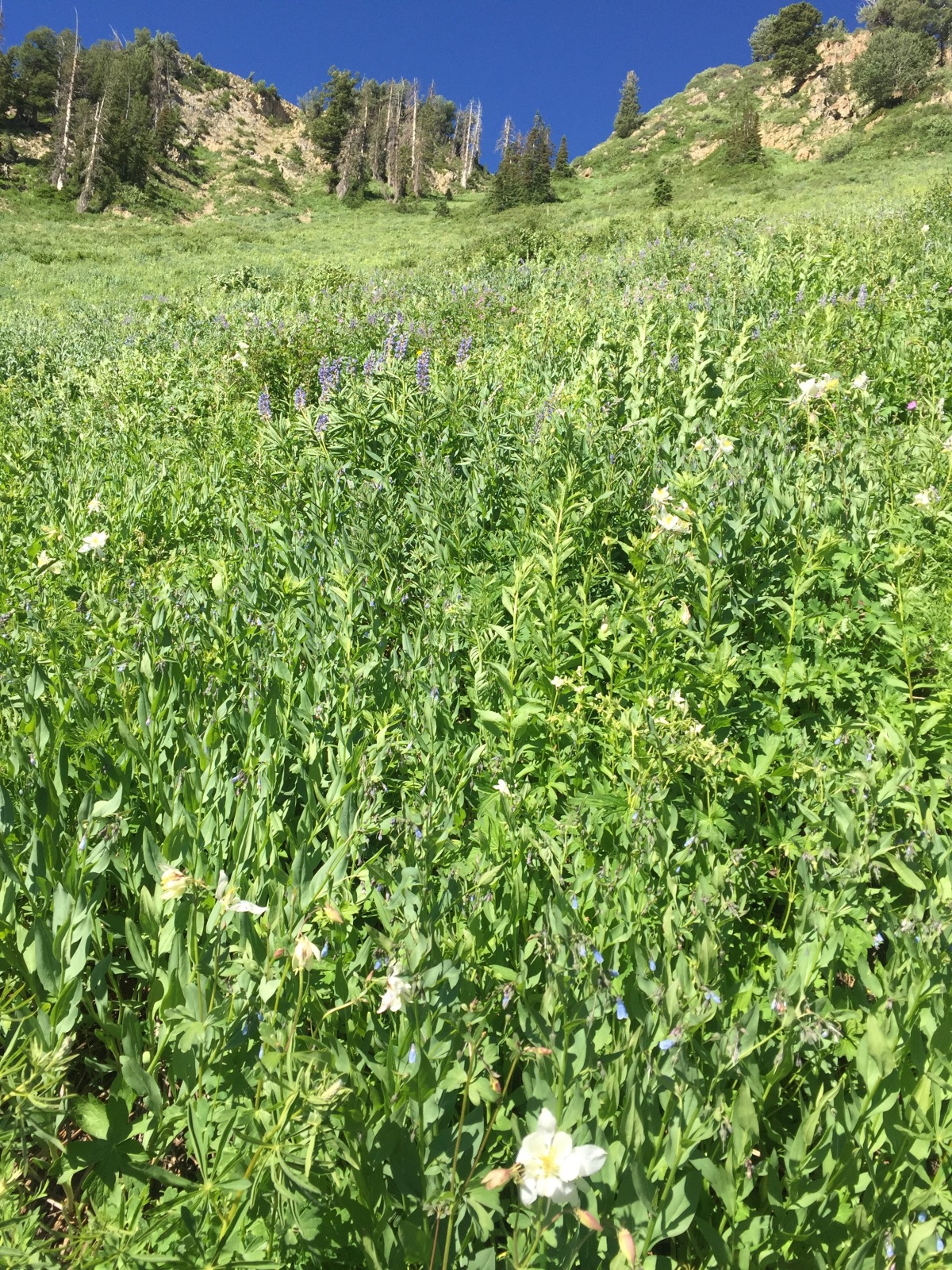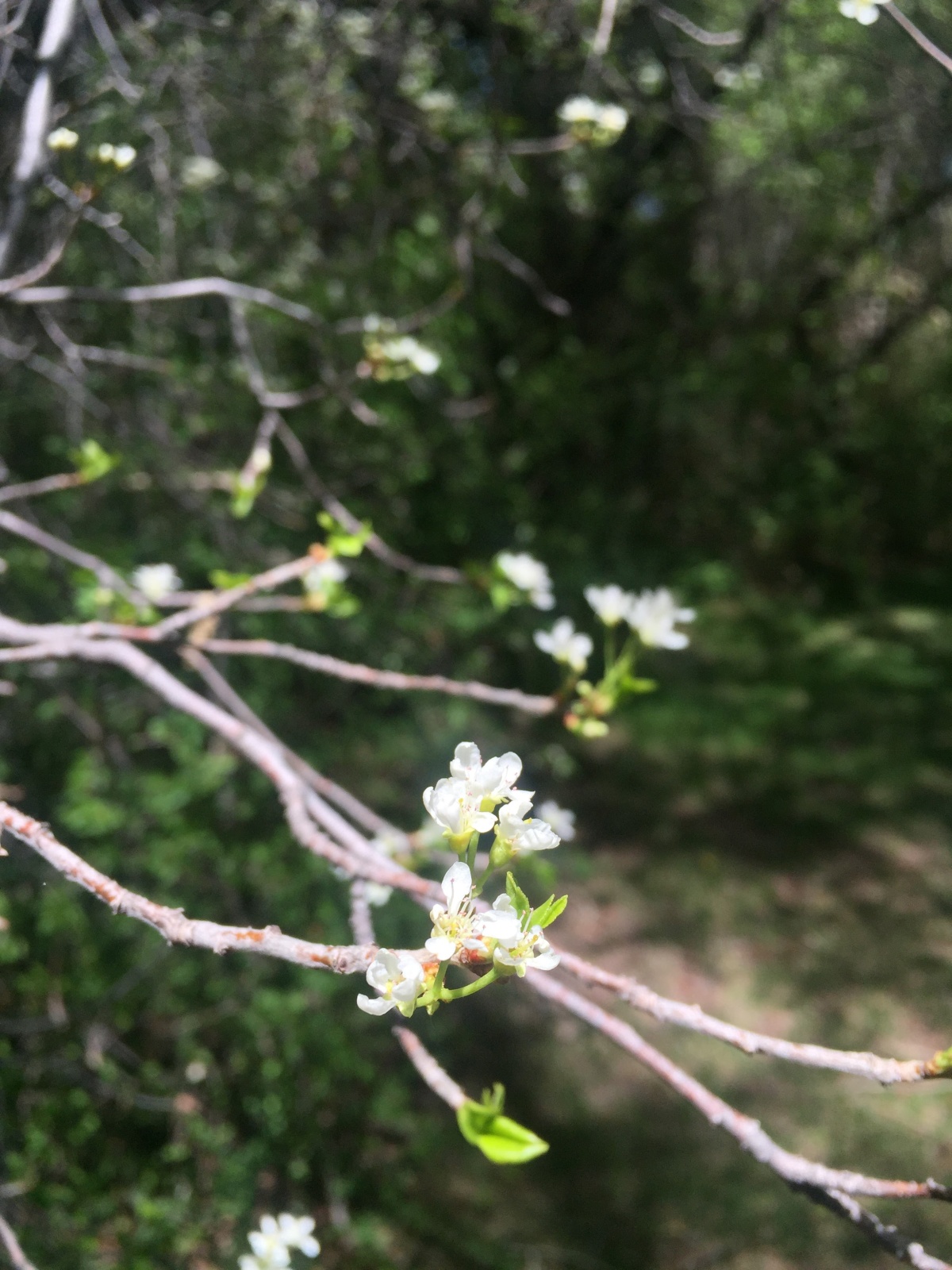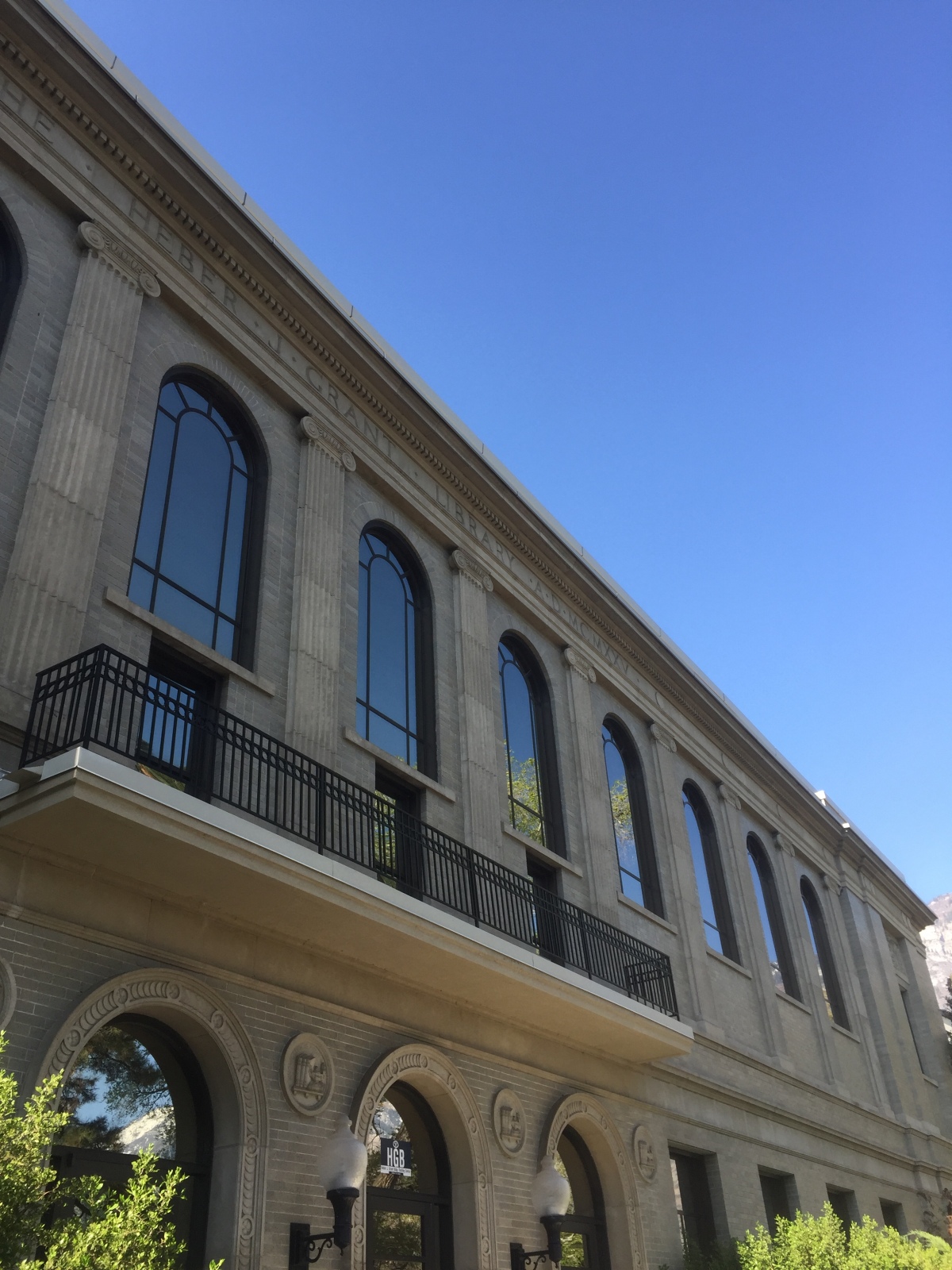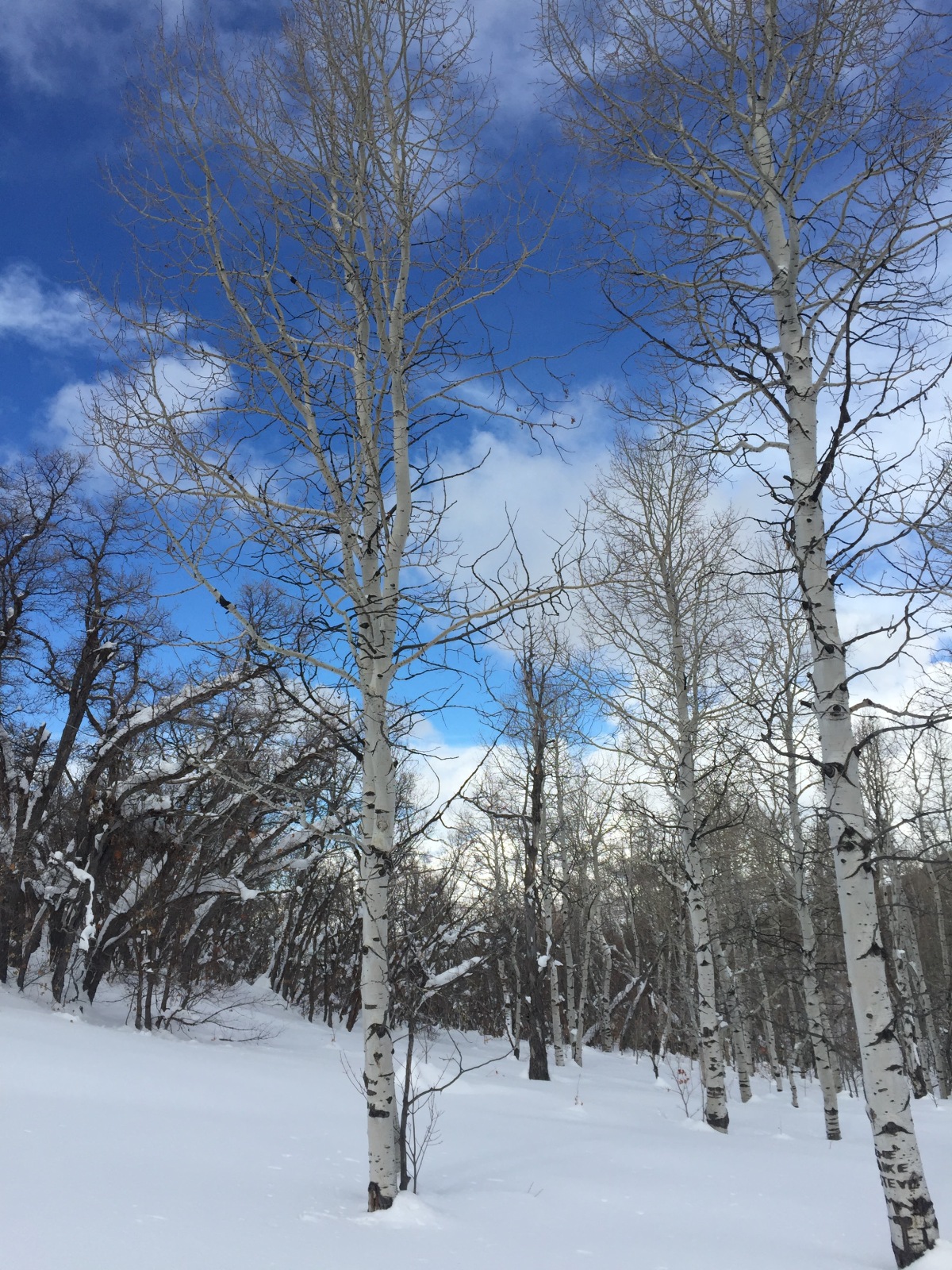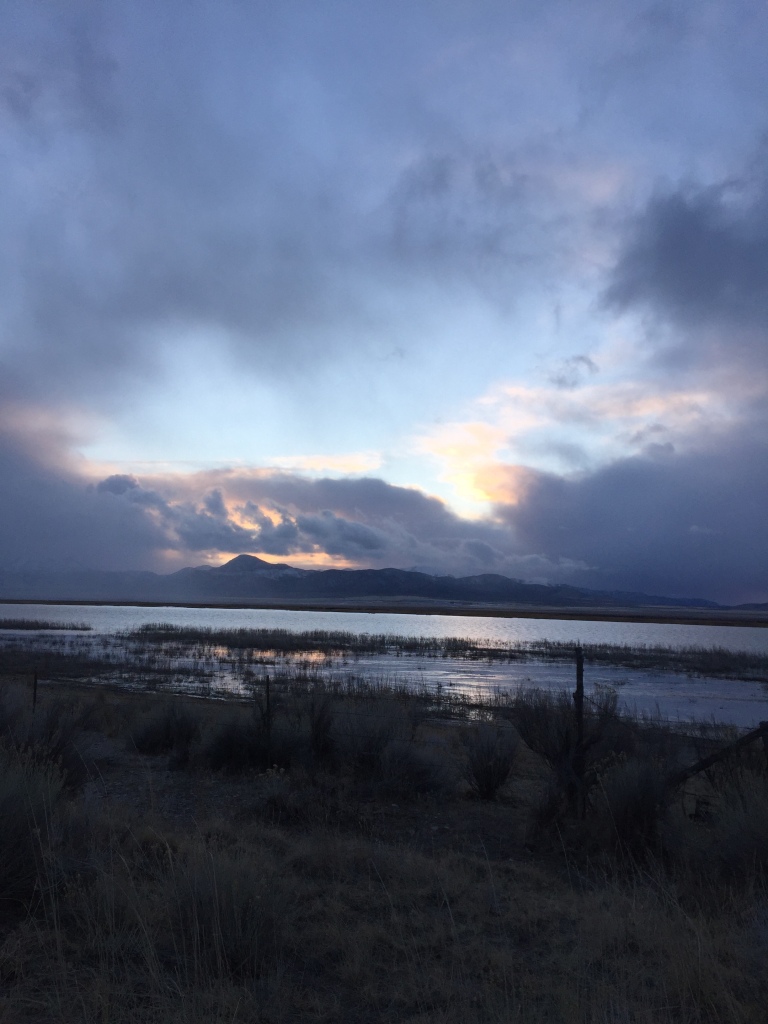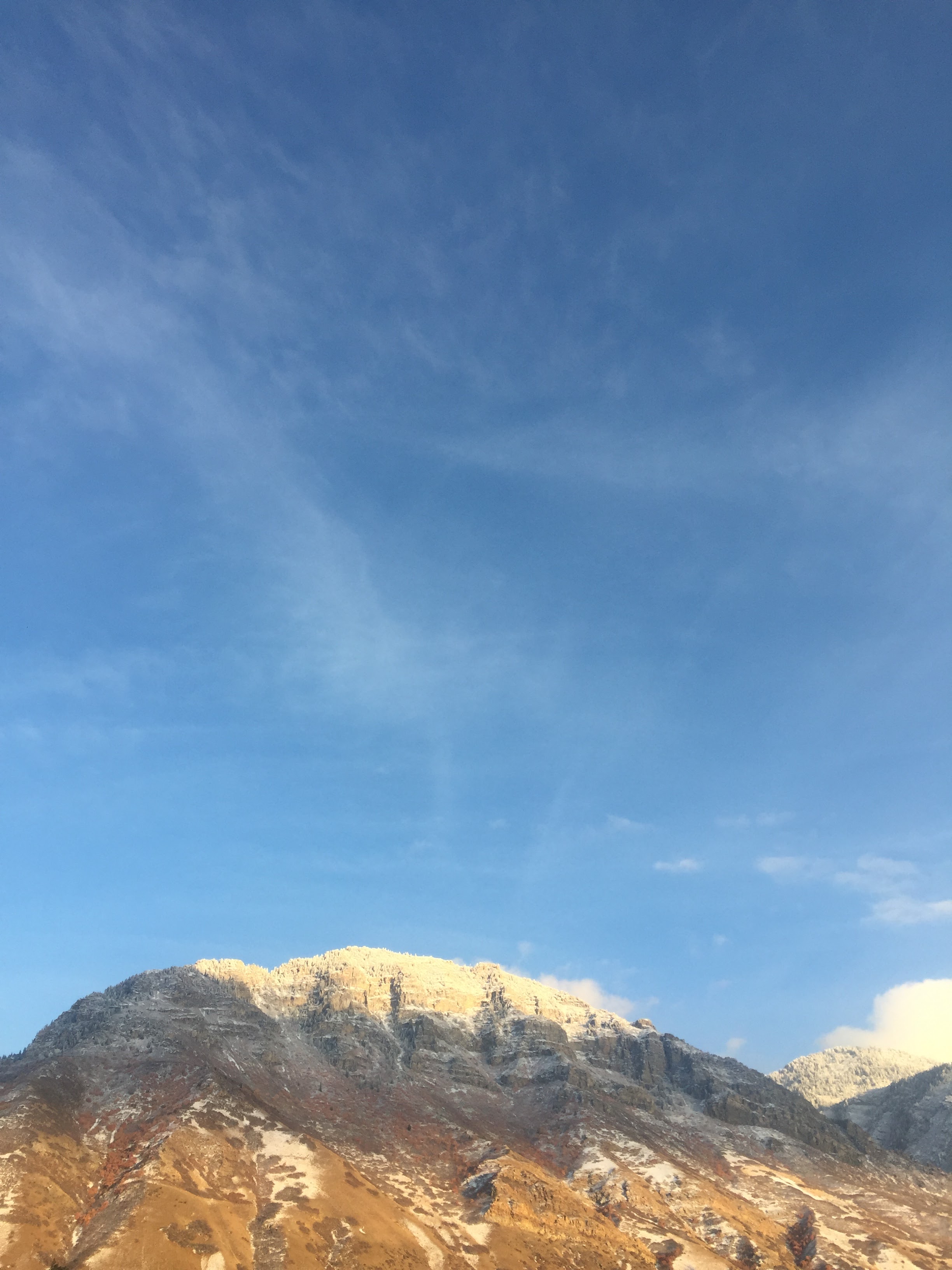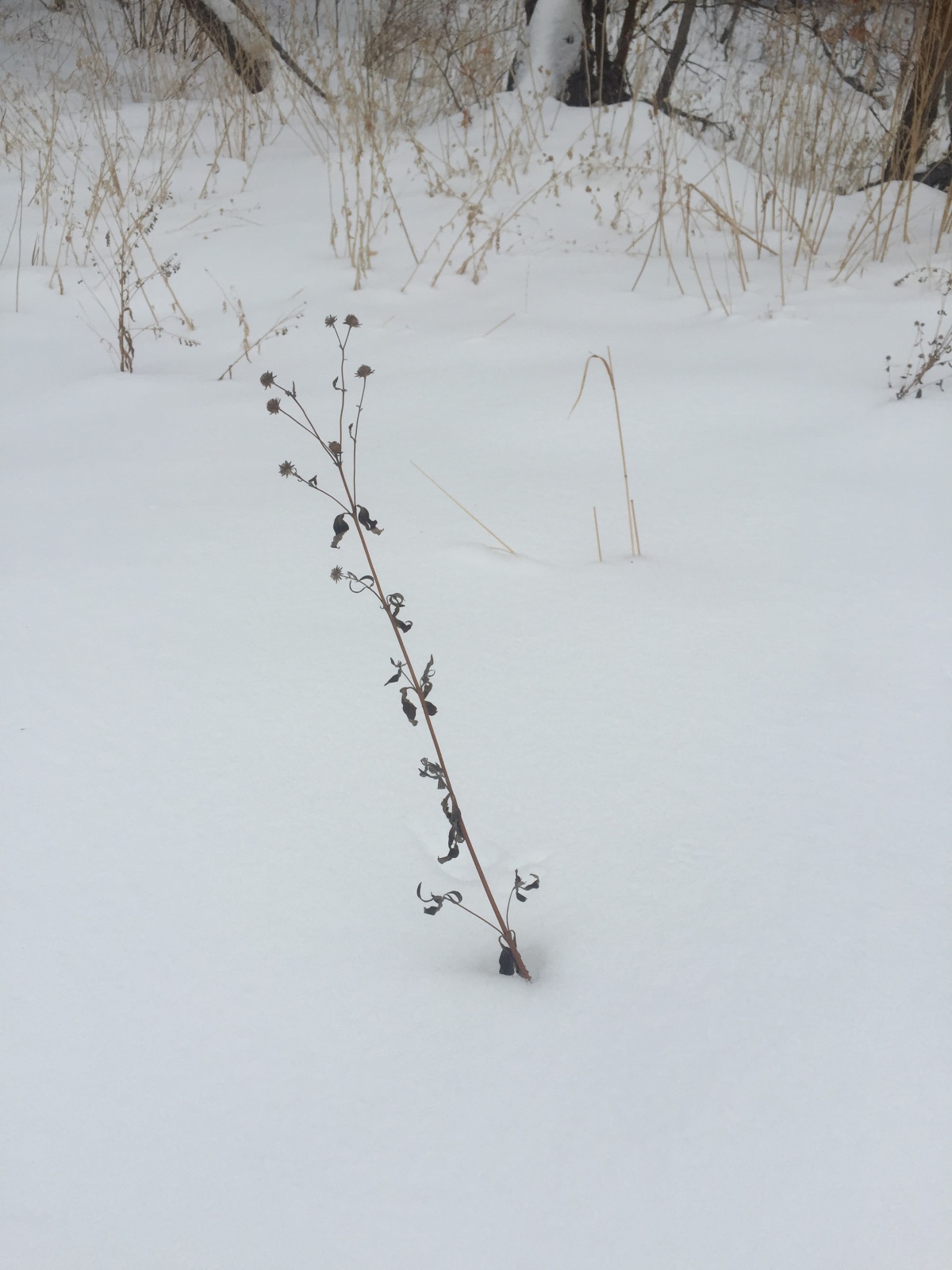One of the reasons I believe the West is so compelling is its expansiveness. It draws the mind to new breadths and heights–awakens our faculties and renews the soul. The West is a landscape almost beyond our imagination–if we were tasked with designing a new world from a blank slate I doubt any “rendering” would come close to the alien, majestic, vertigo-inducing landscape found here. Maybe because it is so beyond our imagination it frees it to some degree.
And, it also feels sparsely inhabited enough (in places) that you can breathe a little. The American pioneer archetype was always looking for space and open landscape–I think, to some degree, we return to that search when we go West. Of course, there is a time and place for human contact and civilized society–but we’re wild creatures (in a good sense) to some extent. We need time on the landscape. Time enough in the desert to feel parched and exhausted, time enough out in the open to be soaked to the core in rain, time enough in the thick forest to feel the instinctual fear of long shadows, and time enough in the mountains to feel your extremities numb in the wind and driving snow. Because, on the other side of these feelings, these real and enlivening experiences, our wonder re-awakens. Our senses are shaken, jolted, and dusted off. We feel more human because we feel more. There is a special feeling in these genuine and life-affirming experiences that come as a ‘pearl of great price’ for those who depart civilization for the wilderness–even if only temporarily.
Most importantly, too, I believe experiencing nature to be a spiritual experience. The West, relatively unspoiled as it is, allows much more easily than other places, for this sort of communion. And it does more than simplify signify spiritual concepts–it foreshadows them as it speaks in the same divine register. One of my favorite quotes, from Thoreau, exemplifies this role: “In a pleasant spring morning all men’s sins are forgiven.” To me, this feeling mirrors divine absolution. No matter what we may have done, no matter how lost we may be, the landscape makes room for us. The sun doesn’t hide from us. This infinite grace is poured down upon us. Who has seen a more spectacular miracle than Spring? Who has felt more warmed, more enlivened, than by the first warm day of our vernal resurrection? If it is repentance, or death, or life, or love (or any of the quasi-religious nature-inspired moments), it is also a call, beckoning us to plant these feelings, those visions of eternity, in our everyday lives. Thus, the West is a little garden of eternities.
First, we see the vermilion red cliffs calling down salvation and grace, then we recall it once out of sight, and then we try to plant a bit of this salvation and grace in our everyday lives. We imbue a bit of this ‘red rock redemption’ into our pattern of life and character.
But again, it’s more than a symbol. For a symbol has no inherent power other than what it stands for. It may be a symbol, but it’s not that alone. For example, the clearest image or metaphor or likeness, for me, of eternal life are the seemingly endless summer days I spent with my siblings on the grassy fields behind my middle school, playing soccer and watching the clouds pass in the pale blue sky–heavy with humidity. It was an idyll, a perfect moment carved out of time. Though it may not be laying up stores in heaven, it seems to me a laying up of stores of heaven. These memories seem full of the very stuff of eternity. It seems as if time itself is pregnant with eternity. Though eternal life may not consist solely of staring up at puffy white clouds sailing through the blue sky (though I hope it is) this memory, for me, seems the best approximation to heaven. Or at least that is the thought that most resonates with my soul.
Emerson said “nature is the symbol of Spirit.” I take this to mean that nature shows us what we are capable of–reminding us that beauty and bounty are our birth-right in the “givenness of things.” If the mark of virtue is to see the “miraculous in the ordinary,” the West adds a distinctive element. Out here, where the miraculous is so apparent, so unavoidable, our challenge is to continually see the miraculous day in and day out. To not become inured to the miracle of this Western existence.
